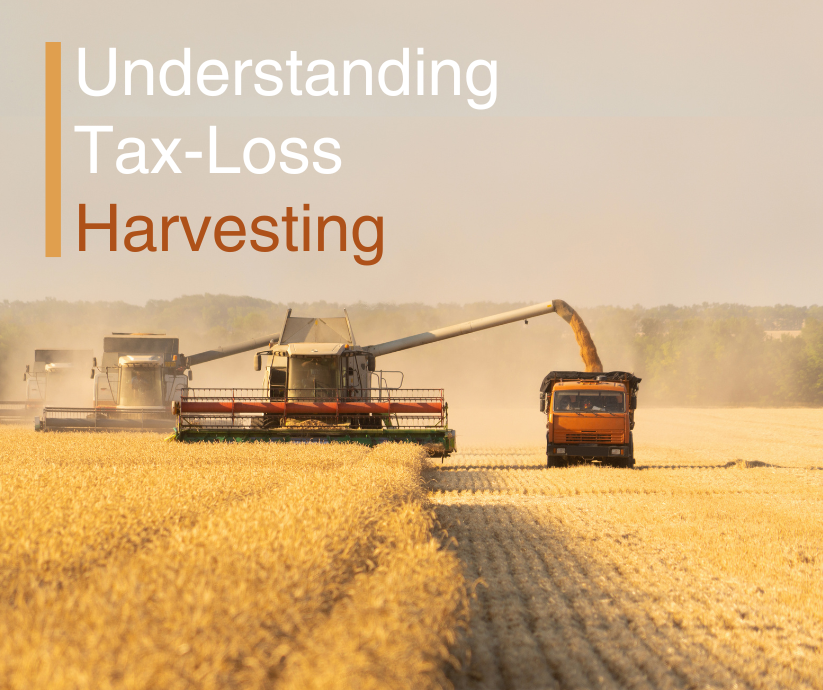Understanding Tax-Loss Harvesting
Tax-loss harvesting is an investment strategy that can turn investment losses into tax deductions, potentially reducing an investor's tax liability. This approach is beneficial when dealing with securities that have decreased in value. By selling these underperforming assets, an investor can realize a capital loss, which can then be used to offset capital gains from better-performing investments or even to reduce taxable income.
The Long-Term Benefits of Harvesting Losses
An example of the potential impact of tax-loss harvesting is illustrated with two hypothetical portfolios, each starting with an investment of $100,000 and earning a 5% return annually over 10 years. If one of these portfolios employs tax-loss harvesting, realizing $3,000 per year in tax losses, the benefits over time could be significant, as these losses can offset other taxable income or gains.
When to Consider Tax-Loss Harvesting
The strategy is nuanced and must be tailored to the individual's financial situation, taking into account factors such as current portfolio performance, long-term investment goals, and taxable income levels. Tax-loss harvesting is not universally appropriate; it requires careful planning and often the advice of a tax professional to ensure it aligns with the investor's overall financial plan.
Navigating the Wash-Sale Rule with Tax Swaps
Moreover, it's important to be aware of the IRS wash-sale rule, which prevents investors from claiming a tax deduction on a security sold at a loss if a substantially identical security is purchased within 30 days before or after the sale. To navigate this rule, investors may employ a tax swap, selling the underperforming fund and buying another with similar, but not identical, characteristics, thereby realizing a capital loss without violating the wash-sale rule.
Overall, tax-loss harvesting is a sophisticated strategy that can optimize tax outcomes for investors when applied correctly, but due to its complexity and the potential for unintended tax consequences, it is advised to consult with a financial professional before engaging in this practice.
The information provided in this article is for educational and informational purposes only and should not be construed as financial, tax, legal, or investment advice. While the data and strategies discussed herein are believed to be accurate and reliable, readers should consult with a qualified professional before making any financial decisions based on the content of this article. The author and publisher are not responsible for any losses or damages that may result from the application of the information contained in this article. Past performance is not indicative of future results, and investing always involves risks, including the potential loss of principal.

